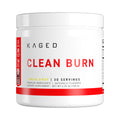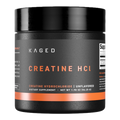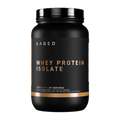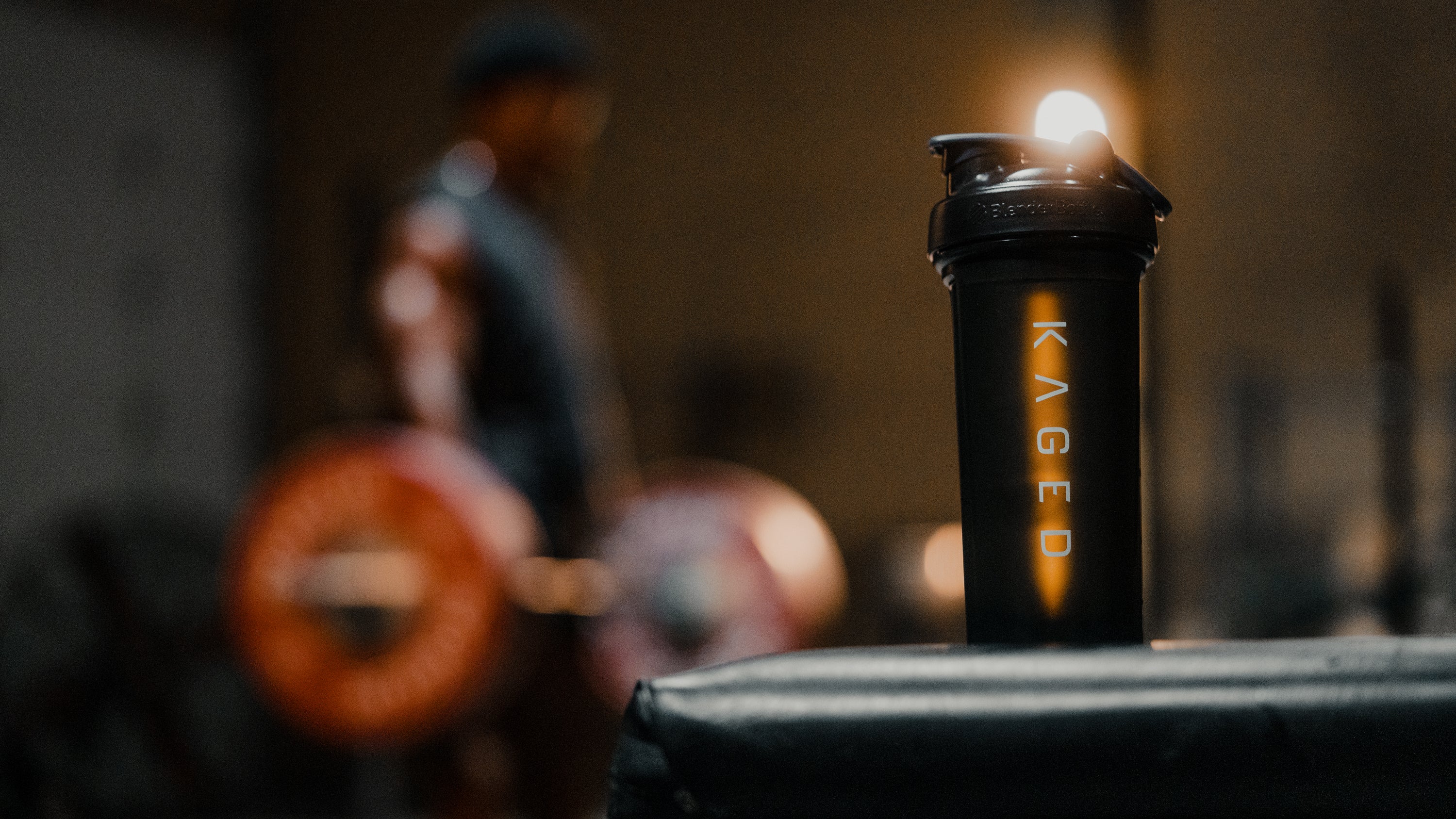Protein is critical to building and repairing muscle. But do you need to chug a protein shake within 30 minutes or risk wasting your workout?
In this article, we’ll break down the science of how protein supports muscle recovery, take a closer look at the research behind the “post-workout window,” and examine how much protein you should eat to support recovery.
What Happens to Your Muscles During a Workout?
When you resistance train, you create microscopic tears in your muscle fibers.
Those tiny tears signal your immune system to jump into action, sparking an inflammatory response that begins the rebuilding process. This might sound alarming, but it’s how your body adapts and gets stronger.
During this repair phase, your body needs protein.
You use broken-down protein in the form of amino acids as the raw materials for patching up and strengthening those damaged fibers.
You can think of it like providing bricks to a construction site. Without those building blocks, the repair process stalls, which can mean prolonged soreness, slower recovery, and less muscle building.
You need to consume enough protein to ensure your muscles have what they need to grow and recover.

The Post-Workout “Anabolic Window” Isn't As Important As We Thought
For decades, the bodybuilding and fitness community held the conventional belief of the “post-workout window” or the “anabolic window.”
The idea behind this is that if you don’t take in protein within 30 to 60 minutes of finishing your workout (the elusive “window”), you’ll miss out on the best chance to build and repair muscle.
This belief is just about synonymous with the whey protein shake, and the frantic rush to down it the moment you set down your last dumbbell.
Recent Research On Protein Timing
Of course, research is ongoing, and we can’t give a definitive answer. However, new research suggests that for strength and recovery, getting enough protein matters more than when you get it.
For example, in an 8-week 2024 randomized controlled trial, 31 men with ample experience weight training were assigned to one of two groups:
- Resistance training + high-protein diet + Immediate post-workout protein
- Resistance training + high-protein diet + Delayed post-workout protein
Both groups had more muscle mass and improved strength after 8 weeks… but there was no significant difference between the groups.
This study affirms the importance of a high protein diet to build and recover while suggesting the“post-workout window” isn’t so important. When it comes to recovery, don’t stress about gulping down the shake.
In this case, a “high protein diet” meant consuming 2 grams per kilogram of bodyweight. For a 150-pound (68kg) person, that’s 136g of protein per day. This brings us to the next point about what has been shown to be important: consuming protein.
How Much Protein Do You Need?
The amount of protein you need depends on several factors—your body weight, workout intensity, how often you train, and your specific goals (gaining muscle, maintaining strength, or simply staying healthy). Many studies that use the term “high-protein diet” look at a range from 1.6 to 2.2 grams of protein per kilogram of goal body weight (that’s about 0.6 to 1 gram per pound) can effectively support muscle recovery and growth.
For example, if your goal weight is 150 pounds, you’d shoot for roughly 90 to 150 grams of protein per day. This target gives your body the building blocks it needs to repair muscle tissue, reduce soreness, and come back stronger for your next workout.
Timing Still Matters
Just because the gospel of the post-workout window is less important than we thought doesn’t mean timing isn’t a factor.
Most studies regarding protein intake and muscle recovery involve spreading your intake across meals and snacks throughout the day.
Post-workout is still a great time to consume extra protein, but you don’t need to stress about getting it in right away.
Enter: Kaged Protein Powders
Whether for muscle building, overall recovery, or just to help you maintain muscle mass as you age, protein powders provide a convenient option to hit your targets.
You can put a scoop in your morning smoothie or yogurt bowl, as a post-workout drink, or a mid-day snack.

Based on this latest research, our newest protein no longer exclusively focuses on fast-digesting protein. Protein Isolate Elite contains a 3:1:1 ratio of fast, medium, and slow-digesting proteins. Rather than emphasizing the “post-workout window” it provides hours of muscle fuel.* This ratio makes it ideal anytime, not just post-workout.
Of course, we also have our classic 100% Whey Protein Isolate and have recently relaunched Casein, a slow-digesting protein.
If you are looking for ideal post-workout protein, try Re-Kaged (now called "Post-Workout Protein.") It includes 28g of enhanced-absorption whey isolate, creatine HCl, fermented glutamine, and BetaPower® betaine. It’s a complete recovery drink.
SHOP PROTEIN
*These statements have not been evaluated by the Food and Drug Administration. This product is not intended to diagnose, treat, cure, or prevent any disease.


































